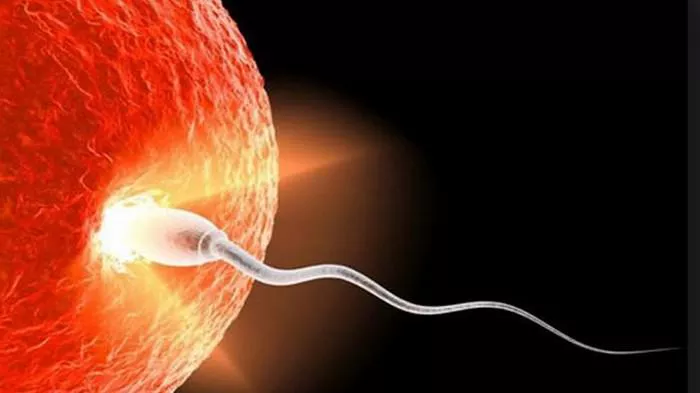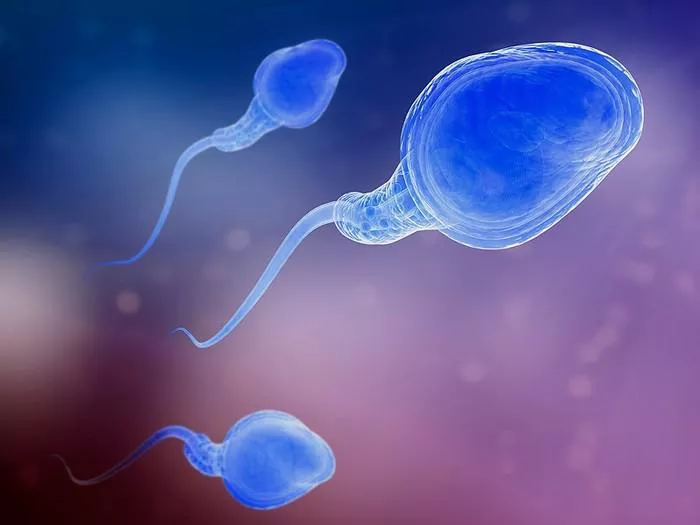Embarking on the journey of parenthood is a significant milestone in many people’s lives, but understanding the intricacies of fertility is crucial for informed family planning. One of the most common questions that arise is: When do women lose fertility? In this article, we’ll delve into the factors that influence female fertility and explore the timeline of fertility decline. Join us as we unravel the mysteries surrounding fertility and shed light on this important aspect of reproductive health.
The Peak of Fertility: Understanding the Prime Years
During their reproductive years, women experience a peak in fertility, typically between their late teens and early 30s. This period is characterized by regular ovulation and optimal reproductive health, making it the ideal time for conception. Women in their 20s often find it easier to conceive and have a lower risk of pregnancy complications compared to older women.
Factors Influencing Fertility Decline
As women age, various factors contribute to a gradual decline in fertility:
Ovarian Reserve:
A woman’s ovarian reserve, which refers to the quantity and quality of her eggs, diminishes over time. As women age, the number of viable eggs decreases, and those that remain may be of lower quality, reducing the likelihood of successful fertilization.
Hormonal Changes:
Hormonal fluctuations play a significant role in fertility, particularly the decline in estrogen and progesterone levels as women approach menopause. These hormonal changes can disrupt the menstrual cycle and decrease the likelihood of ovulation.
Reproductive Health Conditions:
Certain reproductive health conditions, such as polycystic ovary syndrome (PCOS) and endometriosis, can impact fertility at any age. These conditions may interfere with ovulation, implantation, or the overall function of the reproductive organs.
The Impact of Age on Fertility
As women approach their mid-30s and beyond, fertility gradually declines, and the chances of conceiving naturally decrease. By age 35, fertility begins to decline more rapidly, with a notable decrease in egg quality and quantity. This decline becomes even more pronounced in the late 30s and early 40s, leading to increased difficulty in conceiving and a higher risk of pregnancy complications, such as miscarriage and chromosomal abnormalities.
When Does Fertility Start to Decline?
Fertility typically begins to decline in a woman’s late 20s to early 30s, with a more significant decrease in the mid-30s. By age 35, fertility starts to decline more rapidly, leading to reduced chances of conception and an increased risk of pregnancy complications. While many women can still conceive naturally in their late 30s and early 40s, the likelihood of fertility challenges and pregnancy-related issues rises with age.
Common Questions About Age and Fertility
Is 35 Too Old to Have a Baby?
While fertility does decline after age 35, many women can still conceive naturally well into their late 30s and early 40s. However, it’s essential to be aware of the potential challenges and risks associated with later age pregnancies, including decreased fertility and an increased likelihood of pregnancy complications.
Is Pregnancy at 39 High Risk?
Pregnancy at 39 is considered higher risk compared to younger ages due to the natural decline in fertility and the increased likelihood of pregnancy complications. However, many women in their late 30s and early 40s have successful pregnancies with proper prenatal care and monitoring. It’s essential for women considering pregnancy at this age to consult with a healthcare provider to assess their individual risks and discuss appropriate care options.
Conclusion:
In conclusion, understanding when women lose fertility is crucial for informed family planning and reproductive health decisions. While age is a significant factor in fertility decline, it’s essential to approach the fertility journey with knowledge, awareness, and proactive planning. Whether conceiving naturally or exploring alternative options, every individual’s fertility journey is unique, and support and guidance are available to help navigate the path to parenthood.

























